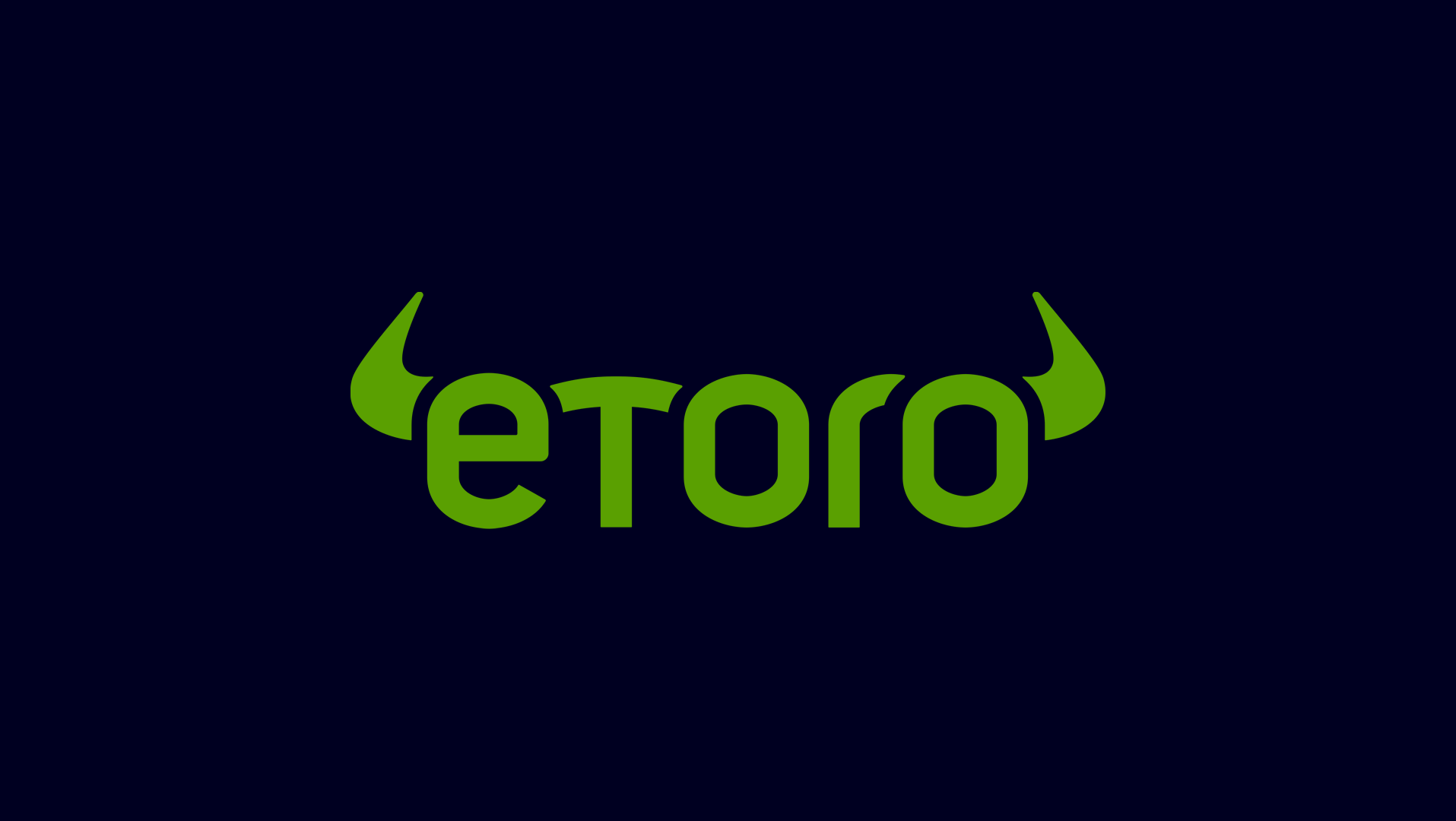|
Getting your Trinity Audio player ready...
|
The cryptocurrency industry has been abuzz with discussions about mainstream adoption. In a recent interview, Ripple’s(XRP) Chief Technology Officer, Warren Schwartz, offered a unique perspective on achieving this goal. He argues that enabling institutions to interact with Decentralized Finance (DeFi) ecosystems holds the key to unlocking widespread crypto adoption.
Schwartz envisions a future where traditional financial institutions, like banks, can create regulated financial products like loan portfolios that can seamlessly interact with DeFi platforms. He uses the example of a bank issuing a real estate loan, then tokenizing the debt, allowing it to be traded on a DeFi marketplace. This integration of DeFi and traditional finance, according to Schwartz, would mirror the evolution of the internet.
The internet, he points out, initially flourished due to government and military applications. This paved the way for widespread public adoption. Schwartz suggests that a similar dynamic can propel crypto into the mainstream. In this context, he highlights the Ripple (XRP) Ledger, a blockchain platform designed specifically for such institutional use cases.
While emphasizing the importance of institutions, Schwartz acknowledges Ripple’s initial strategy of targeting individual users through partnerships with banks that adopted XRP for transactions was not as effective. The reason? These banks, while using Ripple’s technology, didn’t necessarily bring their customers into the crypto fold.
However, Schwartz remains optimistic. He sees the rise of institutional-grade stablecoins like USDT as a validation of his current approach. These stablecoins, pegged to traditional assets like the US dollar, are finding utility in decentralized economies, demonstrating that institutional involvement can fuel mainstream adoption.
Furthermore, Schwartz emphasizes that regulation isn’t necessarily a roadblock. He proposes a system where thoroughly vetted and regulated assets, like tokenized securities or loan portfolios, can coexist with completely decentralized ownership or collateral represented by tokens. This would ensure compliance while fostering innovation.
Also Read:XRP, Solana, Cardano ETFs: Ripple CEO Foresees “Inevitable” Launch After SEC Approves Ether ETFs
In conclusion, Schwartz presents a compelling case for institutional adoption as the catalyst for crypto’s future growth. By enabling institutions to participate in DeFi ecosystems while adhering to regulations, the industry can bridge the gap between traditional finance and the exciting world of decentralized finance.
With a keen eye on the latest trends and developments in the crypto space, I’m dedicated to providing readers with unbiased and insightful coverage of the market. My goal is to help people understand the nuances of cryptocurrencies and make sound investment decisions. I believe that crypto has the potential to revolutionize the way we think about money and finance, and I’m excited to be a part of this unfolding story.




